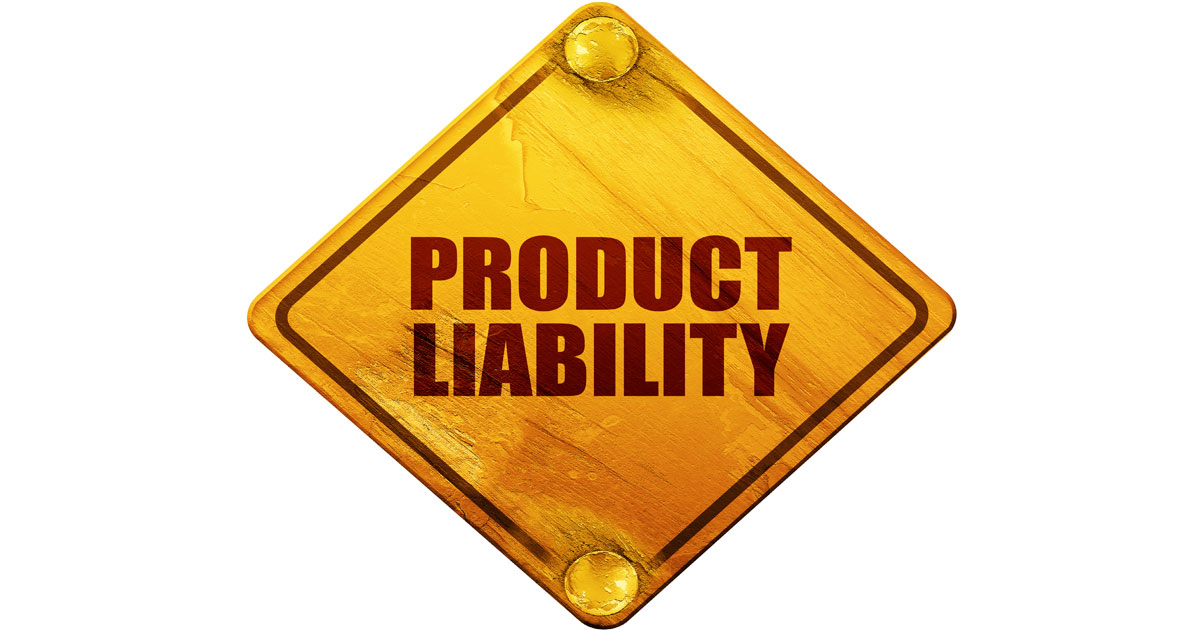
Doctors routinely use the latest equipment and protocols to help patients suffering from a wide variety of diseases and conditions. However, sometimes products are brought to market before their manufacturers thoroughly investigate all possible defects or problems. In those situations, issues usually arise after the items have already been applied to medical procedures, which can put patients at significant risk of long-term health issues or death.
In March 2019, Medtronic issued a recall of all models of one of its most recently released devices. The company’s recall has been listed as Class I by the Food and Drug Administration (FDA), meaning it is the most serious type, according to the organization. What makes the Medtronic recall so significant is that its recalled devices, 6 French Sherpa NX Active Guide Catheters, have the potential to be fatal to patients.
The 6 French Sherpa NX Active Guide Catheters recalled by Medtronic were originally invented to assist doctors performing certain heart procedures, such as accessing heart arteries from inside and outside the vital organ. Manufactured between March 10, 2017 and March 14, 2019, more than 106,000 catheters were distributed between April 3, 2017 and April 4, 2019.
The main purpose of the catheters was to administer fluids and medications through the bloodstream. They were also used to exchange other medical devices, as they ballooned while in the veins, enabling access to the heart and its tributaries. Doctors relied on the catheters to enable the proper placement of items, such as stents for patients who required heart angioplasty surgical intervention.
No more than five people issued complaints about the catheters to either the FDA or Medtronic, claiming an issue with the materials on the outside. Customers of the catheters noticed that the outside of the catheter could shed away from the inside. As the outside pieces detached, they could become lodged in the veins or arteries, or begin to travel throughout the bloodstream. Additionally, the loss of the protective outer materials left patients unprotected from the catheters’ internal wiring.
To remedy a broken catheter, physicians would need to surgically intervene. Yet, trying to recover fragments of a broken catheter could put patients at greater risk and cause trauma to the heart and other parts of the body. In the event of injury to blood vessels, a patient could suffer a blood clot or heart attack, among other problems.
At this point, all patients who received angioplasty during the timeframe that the Medtronic catheters were released may want to contact their surgeons. Hospitals should have a record of which types of catheters were utilized during all operating procedures. Physicians who still have a supply of Medtronic catheters are advised to return them to the manufacturer.
Patients whose doctors used the Medtronic catheter and who had issues later potentially related to the device malfunctioning may want to contact a defective medical device lawyer. The same holds true for loved ones whose family members received angioplasty procedures where the Medtronic catheter was used and later died of complications.
If you were harmed by a defective medical device, contact the Philadelphia defective medical device lawyers at Brookman, Rosenberg, Brown & Sandler. For a free consultation, call us at 215-569-4000 or complete an online form. Located in Philadelphia, we represent individuals throughout New Jersey and Pennsylvania, including Delaware County, Chester County, and Philadelphia County.